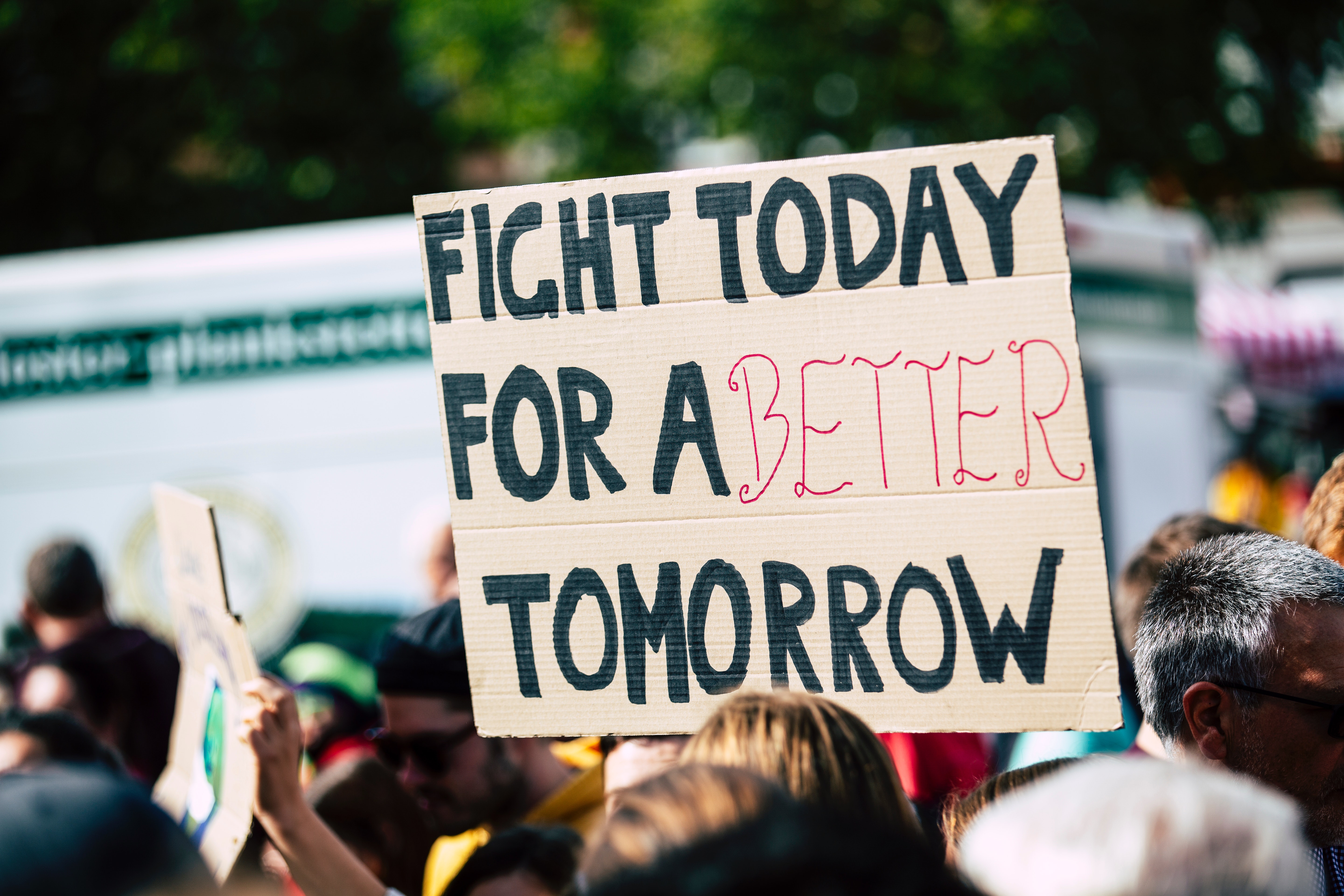
By Dr Alex Oaten, Department of Political Science and International Studies
School of Government, University of Birmingham
The recent wave of protests organised by the movement Extinction Rebellion (XR) has succeeded in drawing significant attention to the environmental degradation that has become a feature of the modern world.
With the government seemingly unwilling to take responsibility for the environment, a global social movement has emerged determined to force governments to act.
The recent XR protests in London began good-naturedly with images of peaceful non-violent protesters being taken away in handcuffs appearing to generate some public sympathy. However, since a video of XR protesters being confronted and attacked by angry commuters went viral on Thursday questions have been asked about the effects of XR’s tactics on ordinary people.
The movement is engaging in ‘contentious politics’ which is defined by Sidney Tarrow as “collective activity…relying at least in part on non-institutional forms of interaction with elites, opponents or the state”. There is a rich history of contentious politics bringing together individuals with shared interests who wish to make a collective claim against a governing authority.
However, in their apparently ever more extreme struggle to cause maximum disruption in order to compel the government to take action XR are now in real danger of harming sections of the British public and in appearing elite and out of touch with ordinary citizens. This is a fatal error for a movement that claims to be a grassroots organisation comprising of “ordinary people” which stresses the importance of “laying down our differences [to] find our common ground”.
XR’s deliberately antagonistic actions aimed at disrupting the lives of ordinary commuters is not just a bad tactic, it’s also oppressive. The group’s protests now appear to be harming ordinary people, and whilst non-violent direct action is an important tactic it must be targeted at the powerful rather than the powerless.
The XR Problem in Two Images
Two images from the recent wave of XR protests help us tell the story of where XR has gone wrong. On October 8th we were treated to the image of a Tory Peer, Lord Andrew Fraser, in his starched white dressing gown, standing outside of his Westminster house shaking his fists at passing XR demonstrators.
Through the person of Lord Fraser, this image presented the out of touch privilege of the political elite. Contrast the entitled establishment anger and aggression of Fraser with the smiling faces of the passing protesters. This was truth being spoken to power – parrhesia as the ancient Greeks named it. And, as Michel Foucault once explained, parrhesia is about taking a risk in order to speak truth to power. A king cannot use parrhesia, for the king risks nothing – he has power. This is Extinction Rebellion at its best, taking risks and reminding the powerful of their responsibilities.
Fast forward nine days and we see a different side to the XR movement. A demonstrator in a smart jacket stands atop of a London Tube train at Canning Town station, below him hundreds of ordinary folk are standing around being delayed, being prevented from going to work, from coming back home from work, from visiting relatives, from going to medical appointments – prevented from trying to live their ordinary daily lives.
The protester kicks out as a man from below tries to pull him off the train. The violence, from both the demonstrator and the commuters, is inexcusable. But as the protester is dragged from his makeshift train roof stage, dragged back down from upon a high, down towards the mob, towards the people, one could be forgiven, in that moment, for thinking that this was people power – ordinary people fed up with their daily lives being put on hold by a privileged elite group of protesters who care little about the everyday lives of their fellow citizens.
The wealthy could have left the station and jumped in a cab, those that were left had no other options – their economic position limits their range of choices.
Contentious Politics should target the powerful
This wasn’t Westminster with its million-pound houses, this was Canning Town wherein 2016 22% of children were living in low-income families and wherein 2017 19% of households were experiencing fuel poverty. This was not speaking truth to power; this was just making the lives of some of the most economically and politically powerless in society that little bit worse.
Whilst XR was quick to release a statement expressing regret for the incident and explaining that they are a “broad and diverse movement with a wide range of views” this is not enough. Whilst a decentralised and prefigurative movement such as XR will always have rogue actors within it the movement needs to be much clearer in its articulation of acceptable targets for direct action. The people at Canning Town were not elites, the state or opponents of XR, which are the usual targets of successful contentious political struggles. Instead, they were people with limited transport choices and little power to change governmental and corporate environmental policy.
Speaking truth to power is a noble and worthwhile political endeavour and this style of contentious politics is needed to achieve results, but targeting commuter services in one of London’s most deprived areas is not only self-defeating, it is also callous.
